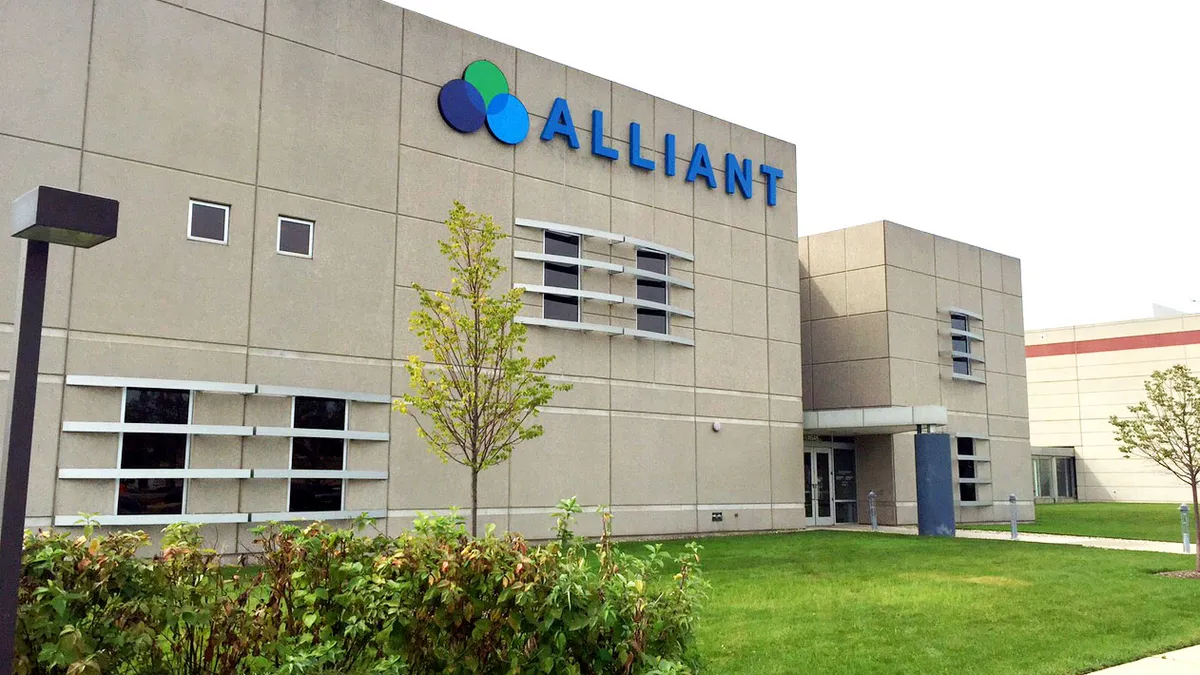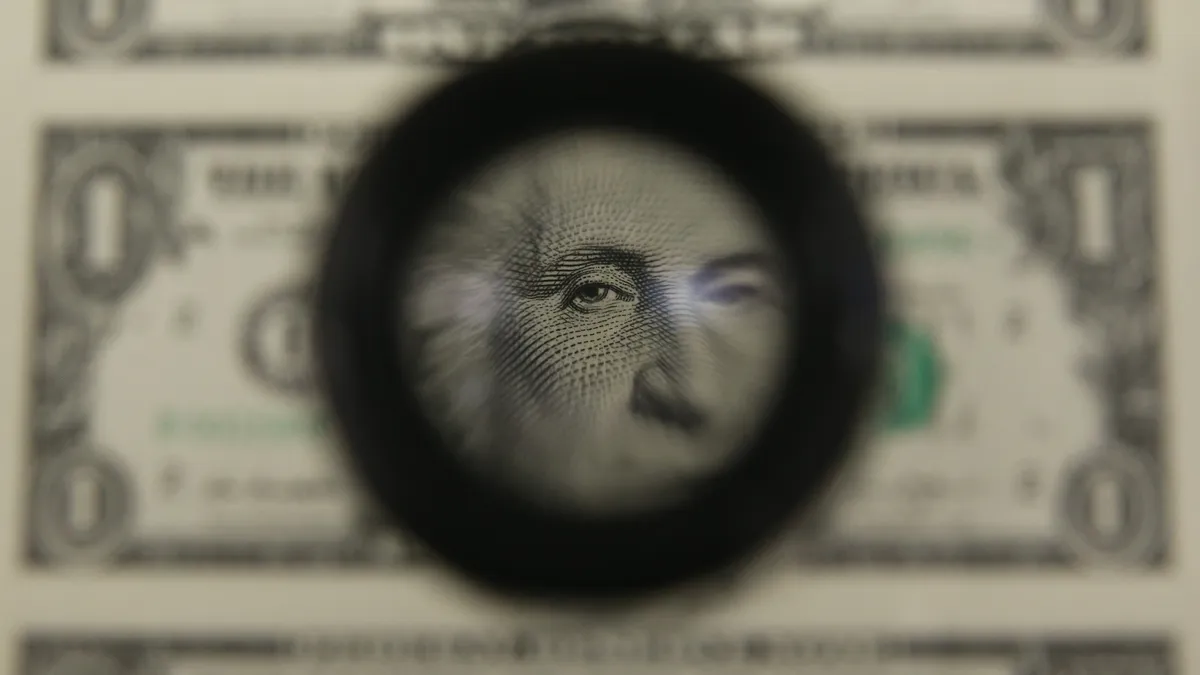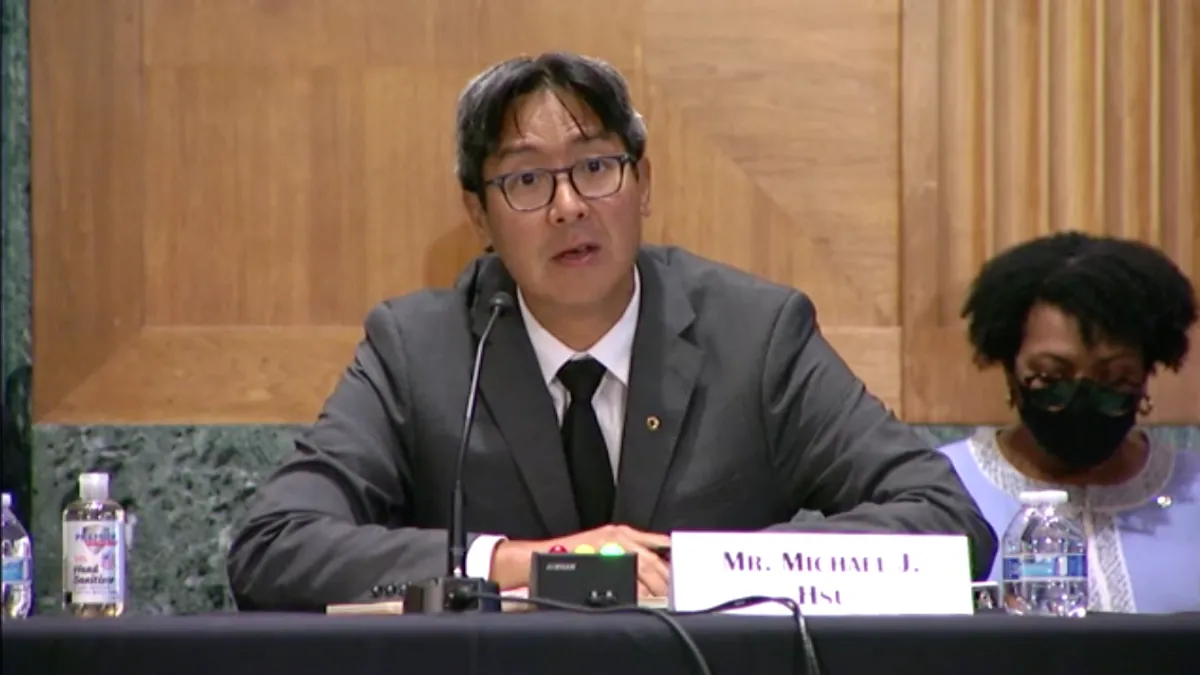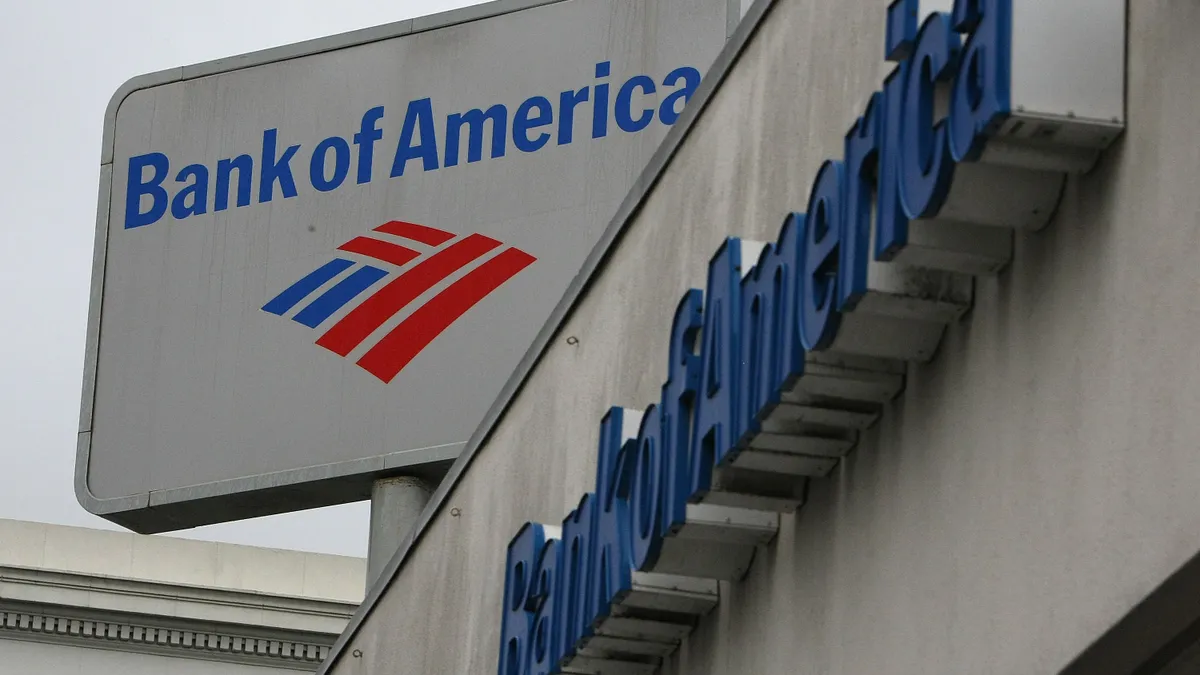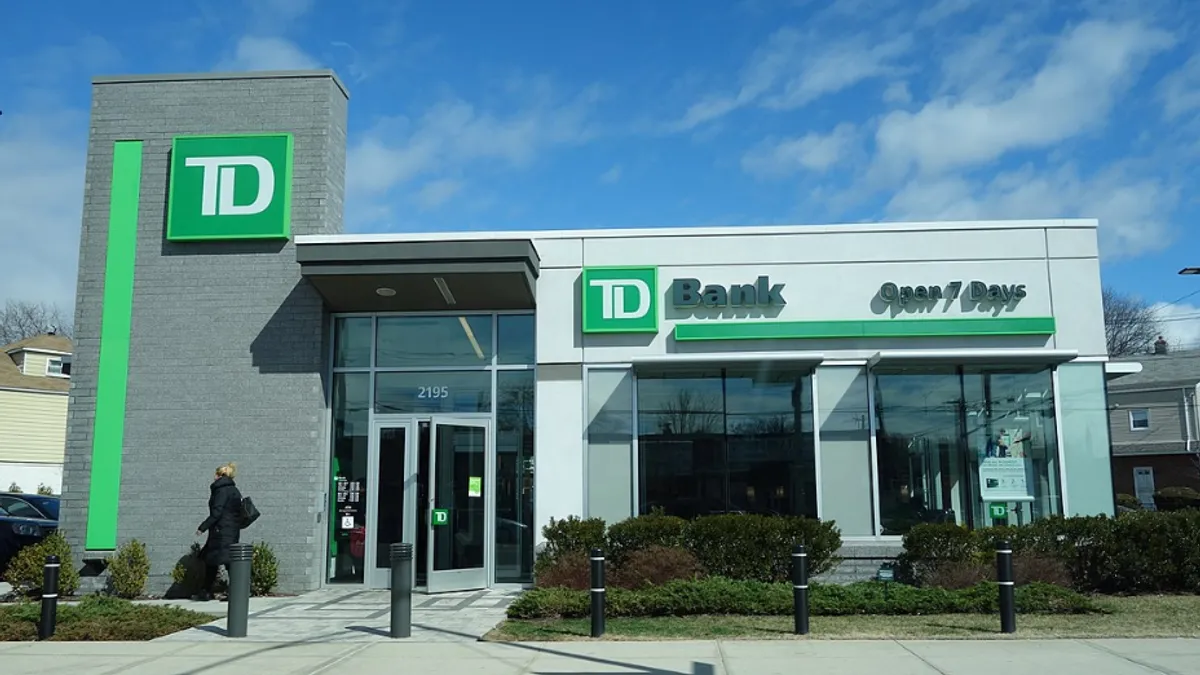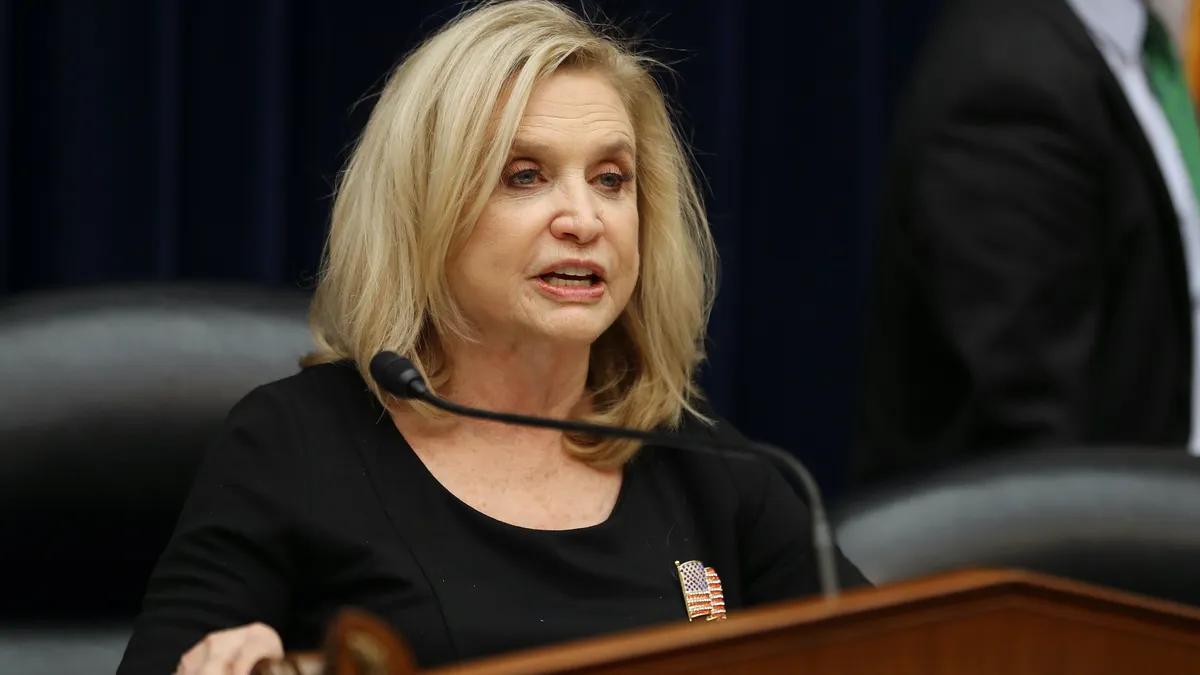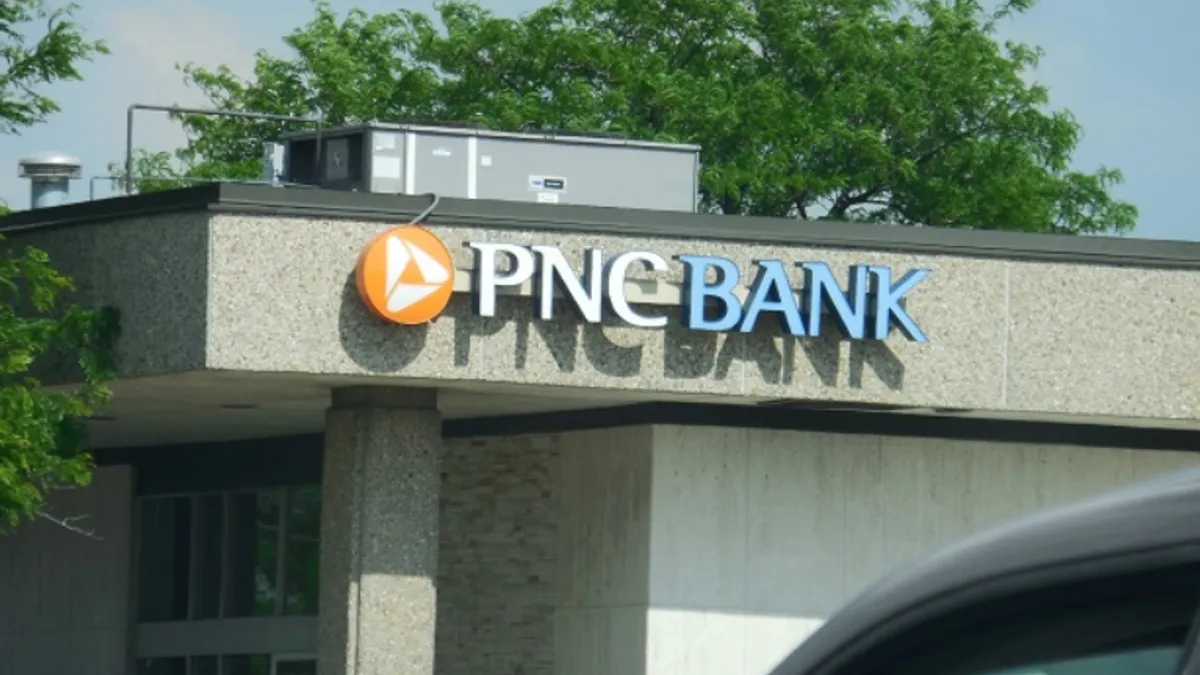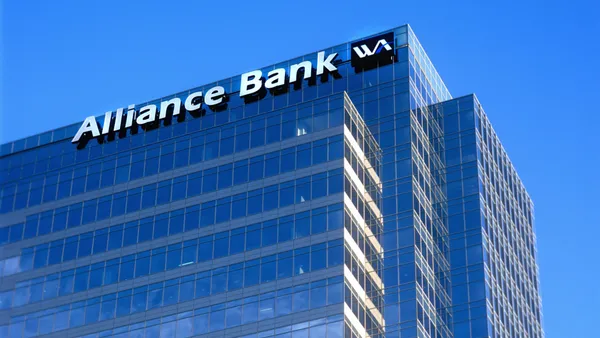Alliant Credit Union, a digital-only credit union with a national reach, said it will stop charging customers fees when they overdraw their accounts.
The Chicago-based credit union’s announcement follows a similar one made by Detroit-based lender Ally Bank in June, and comes as a growing number of financial institutions are revamping their overdraft policies amid pushback from Democratic lawmakers.
Qualified members can still overdraw their accounts, said Dennis Devine, president and CEO of Alliant, but the credit union will simply stop charging customers the overdraft fee.
The $14 billion-asset credit union, which has 600,000 members, said its digital focus and lack of branches enables the institution to offer the overdraft service to its members without the fee.
"As a digital institution without a retail branch network, we have one of the best cost structures in the industry," Devine said. "We go to market with a digital model, which is clearly the path for all financial institutions these days. And we avoid the cost of a retail network and we put that money right back in the hands of our customers."
Devine said Alliant’s decision to eliminate the fee also fits in with the evolution of the credit union’s existing product offerings.
"We already had product structures that have no monthly service fees, no minimum balance requirements, and we recently modified our leading credit card, which has a two-and-a-half percent cash rebate, to have no annual fee," he said. "In the context of that, we took a look at what is one of the most disliked fees among financial services, which is overdraft and non sufficient fund fees, and we said, 'What is possible here?'"
In recent years, banks have introduced new offerings in an attempt to help customers avoid overdraft. Some of the nation’s largest banks, such as JPMorgan Chase and Wells Fargo, have rolled out accounts that don’t allow customers to overdraw their accounts.
More recently, several institutions including PNC and Huntington Bank, have added tools to existing accounts that alert customers or give them access to emergency lines of credit when their balances are low.
But Devine said Alliant wanted to take a simpler approach with its solution to overdraft fees.
"We said, 'Let's just be as simple and as member-centered as possible and just eliminate the fee,'" he said.
The impact to the credit union’s bottom line will be minimal, Devine said.
"We have never relied on these fees, unlike some other institutions," he said, referencing Tuesday’s congressional hearing that saw one senator question the safety and soundness of several community banks that derive a significant portion of their income from overdraft.
"Does it have an impact on revenue? Of course, we're taking a fee to zero," Devine added. "But it's an area that we have not historically relied upon as a source of revenue."
Devine said Alliant has paid close attention to the changes in the financial services market and the growing competition coming from the neobank and fintech space — players that have long touted benefits such as no overdraft fees.
"There are many options that a customer has when they are looking for a financial services provider. While most of the large banks still charge overdraft fees, you see compelling digital institutions that are steering away from it," he said. "Customers and members will increasingly expect more innovative solutions from their financial partners and more disruption to traditional norms that don't serve them as well as possible. Over time, I think you will see more and more movement in this direction."
Meanwhile, the head of the Office of the Comptroller of the Currency (OCC) said on Tuesday the regulator is in the midst of reviewing bank overdraft fees, a practice many Democratic lawmakers have criticized during recent Senate and House hearings on Capitol Hill.
"Excessive fees on overdrafts, predatory lending, high-cost debt traps — these things shouldn't have a place in the federal banking system," Acting Comptroller Michael Hsu said, responding to Sen. Chris Van Hollen, D-MD, who brought up several small banks that derive a large portion of their revenue from overdraft fees. "We have a review going on, these particular institutions have been identified, as well as other practices. We're going to use the full range, within our supervisory toolkit, to address it."



